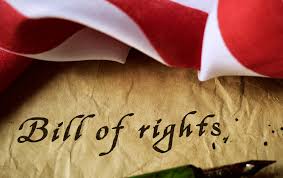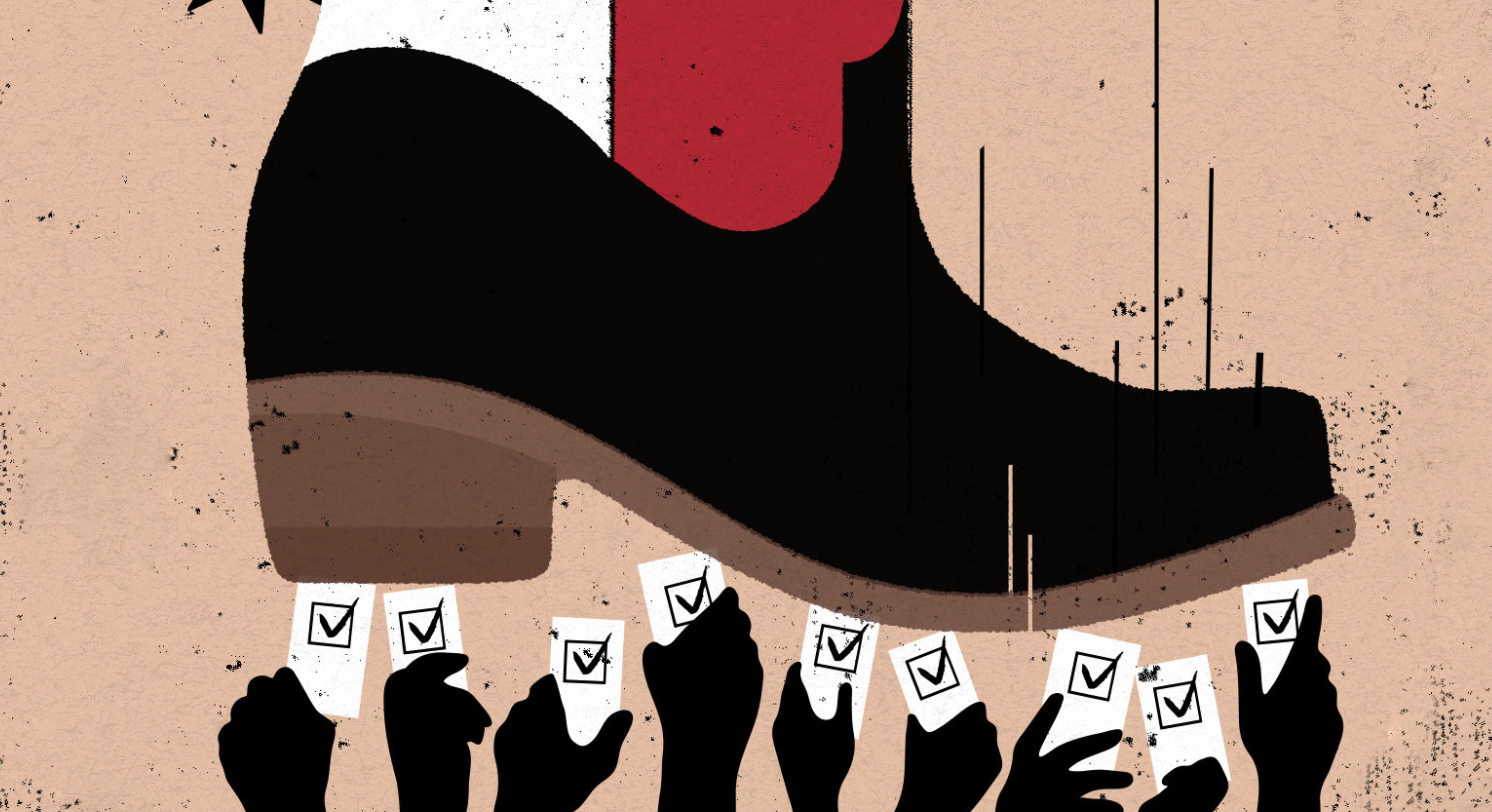Bill Of Rights

The Bill of Rights is the first ten amendments to the United States Constitution. These amendments were introduced to ensure the protection of individual liberties and rights from government interference. They were ratified on December 15, 1791, and include fundamental rights such as freedom of speech, religion, and the press, the right to bear arms, and protection against unreasonable searches and seizures1.
Is there anything specific you would like to know about the Bill of Rights?
The Bill of Rights consists of the first ten amendments to the United States Constitution. These amendments were introduced to ensure the protection of individual liberties and rights from government interference. Here is a brief overview of each amendment:
- First Amendment: Guarantees the freedoms of speech, religion, press, assembly, and petition.
- Second Amendment: Protects the right to keep and bear arms.
- Third Amendment: Prohibits the quartering of soldiers in private homes without the owner’s consent during peacetime.
- Fourth Amendment: Protects against unreasonable searches and seizures.
- Fifth Amendment: Ensures the right to due process and protects against self-incrimination and double jeopardy.
- Sixth Amendment: Guarantees the right to a speedy and public trial, an impartial jury, and the right to counsel.
- Seventh Amendment: Provides for the right to a jury trial in civil cases.
- Eighth Amendment: Prohibits excessive bail, fines, and cruel and unusual punishment.
- Ninth Amendment: Asserts that the enumeration of certain rights in the Constitution does not deny or disparage others retained by the people.
- Tenth Amendment: States that powers not delegated to the federal government are reserved to the states or the people.
These amendments were ratified on December 15, 1791, and they form a crucial part of American law and governance1.
Is there anything specific you would like to know more about? 😊




